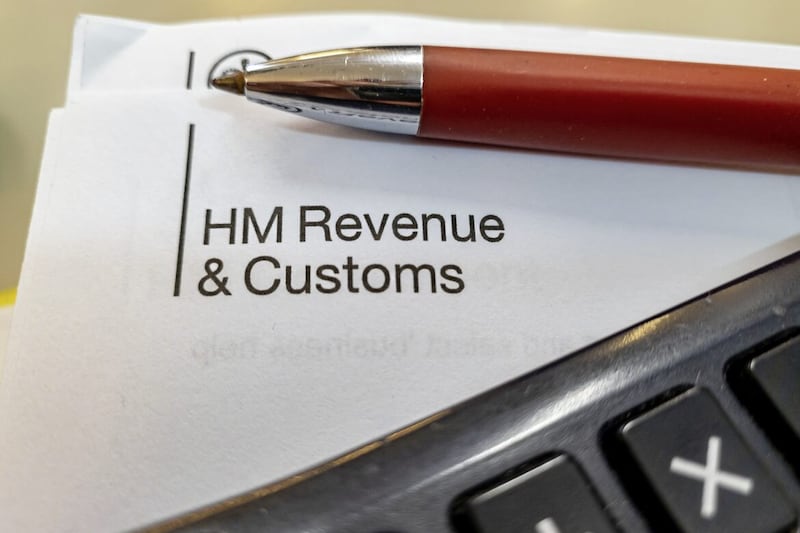QUESTION: I own a successful trading business which trades through a limited company. None of my family are expected to enter the business and I will ultimately sell the company. I will look at a sale process within the next couple of years. What tax planning should I be thinking about now as the company could be worth £10 million and I am already completely financially secure?
ANSWER: You are in a fortunate position in that you have time to plan your exit from the business in a tax efficient manner. At present, were you to die, the shares in your company would form part of your estate for inheritance tax (IHT) and would almost certainly be exempt from tax due to a relief called ‘Business Property Relief’ (BPR), which is available so long as there is not a binding contract in place for the sale or transfer of the shares at the time of death.
The IHT issue that you are faced with is that if you sell the shares for £10m and then subsequently die with an amount of £10m cash proceeds in your estate, then your estate will suffer a £4m IHT bill. This is considerable when measured against zero IHT were you to die owning the shares, however if you are crucial to the operation of the business and die, in theory your business may be worth £10m but post death its value could rapidly evaporate making the previously mentioned £6m net of IHT look attractive.
A halfway house to this problem is for you to consider creating a discretionary trust now and to transfer a certain amount of your shareholding into trust. How much depends on many factors however for example, say 25 per cent. This gift into trust is a taxable event for capital gains tax (CGT) however the gain can be legally avoided via a CGT relief known as ‘holdover relief’. This now leaves say £2.5m of value in the trust. IHT on the transfer into trust is also avoided using BPR provided as stated above, there is no binding contract for the sale of the shares at the time of transfer.
If you and the trustees decide to sell the company subsequently then both parties will pay CGT. You will pay 10 per cent on the first £1m of gains and 20 per cent on the next £6.5m. The Trust will pay 20 per cent on £2.5m. The total CGT therefore is the same as had the trust not existed and you sold the shares yourself.
There is potentially a significant IHT saving, however because after CGT, there is now £2m in trust which will remain completely outside of your estate after 7 years. This will ultimately save £800k of IHT for your family. Alternatively, where death occur within 7 years and the company shareholding remains within the Trust, the BPR claimed on the original gift is preserved, irrespective of whether the company is trading or not.
There are additional benefits of having a substantial amount in held trust rather than gifting it outright to your family:
• Had you gifted £2m out right you must survive the gift by seven years to avoid having it brought back into your estate – this is known as a ‘Potentially exempt transfer’ or PET.
• Furthermore, by placing the assets in trust and appointing trustees, you can provide the trustees with an ‘expression of wishes’ letter, which will assist them in the future on how the trust fund should be distributed.
• Finally, should a family member experience an adverse lifetime event (mental incapacity, insolvency, divorce), the trust fund is not usually considered part f their financial affairs as they have no control over the money.
• Professional advice should always be taken as consideration must also be given towards any potential 10 yearly and exit charges.
There are other matters to consider such as making sure that your pension is fully funded between now and sale, and if there are key employees who are essential to the company’s continued success, you should consider setting up an employee share incentive scheme such as an enterprise management incentive scheme (EMI) which will help retain these staff and provide them with a tax efficient payment on the company sale.
:: Paddy Harty (p.harty@fpmaab.com) is a partner at FPM Accountants (www.fpmaab.com). The advice in this column is specific to the facts surrounding the question posed. Neither the Irish News nor the contributors accept any liability for any direct or indirect loss arising from any reliance placed on replies.








